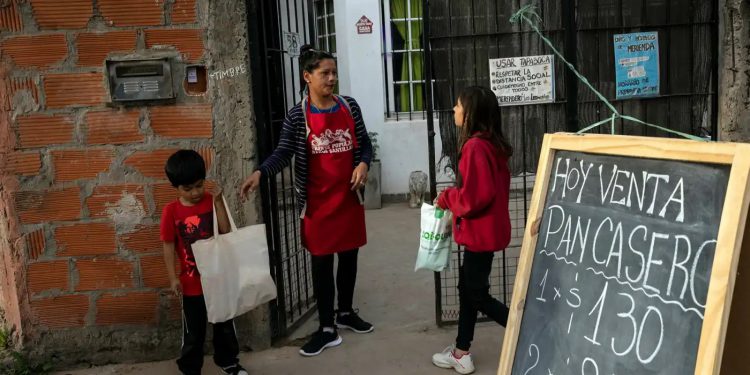The Financial Times reports that throughout Latin America, many of its culinary favourites, like the Argentine asado barbecue are becoming more expensive because of rising inflation.
The war in Ukraine, the Covid-19 pandemic and global supply chain bottlenecks are having a large impact on commodity prices in the region.
Seasonal factors like unfavourable climate changes are also damaging supply chains. The high temperatures are another season for elevated prices, especially for Brazilian vegetables.
Fourteen countries in the region have annual food inflation rates above 10 per cent. With the rising inflation rates, there is a risk that the most disadvantaged people may struggle to afford basic foodstuffs.
Inflation has affected food staples like Columbian potato prices which have risen by three-quarters in 2022. As well, Argentina’s beef cuts rose by 50 per cent this year.
The United Nations reported that hunger in Latin America and Caribbean countries reached its peak at the turn of this century with a 30 per cent increase between 2019-2020. The rising food costs are sparking warnings of a food insecurity crisis in the region.
The issue has become politicised, with inflation rates being on the minds of voters in the Columbian and Brazilian elections. Columbia’s electoral run-off will see this issue being examined between a former guerrilla Gustavo Petro and the millionaire Rodolfo Hernández. Already, Petro has proposed an agricultural revolution which will transform the nation’s industry into “a pantry for the world”.
In the region, some governments have attempted to intervene to ease burdens on those most vulnerable, despite warnings these policies could backfire. In Argentina, their inflation is rapidly rising despite their high taxes on exports and the firm prices/currency controls.
In Mexico, politicians are attempting other measures such as plans to boost the production of national staples like rice, corn and beans. The cost per kg of the Mexican household favourite, tortillas has risen by one-fifth in the past year. However, if this government intervention works a lower price for beans and rice may help those who are most food insecure.























